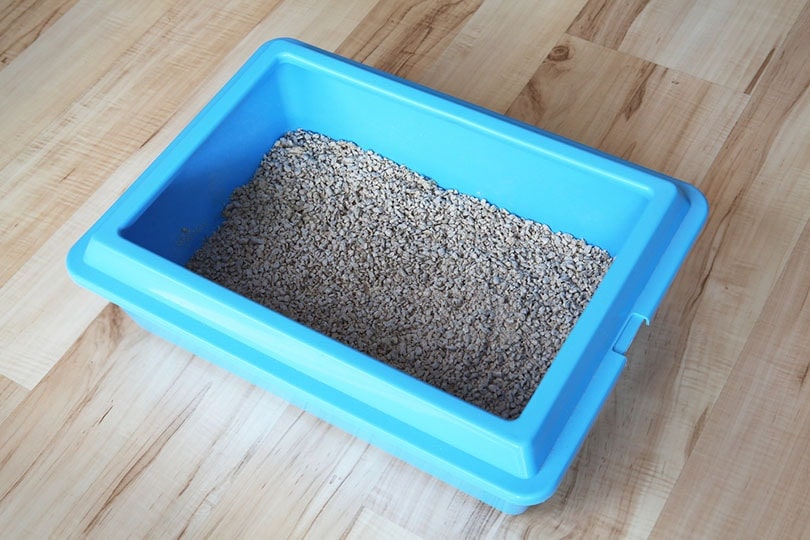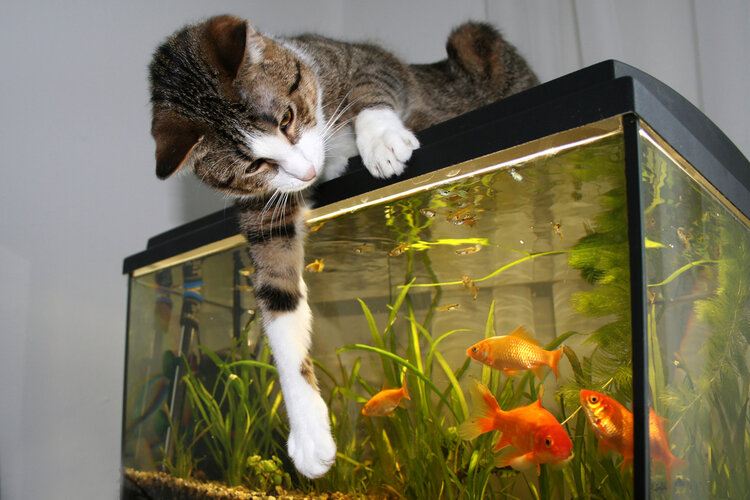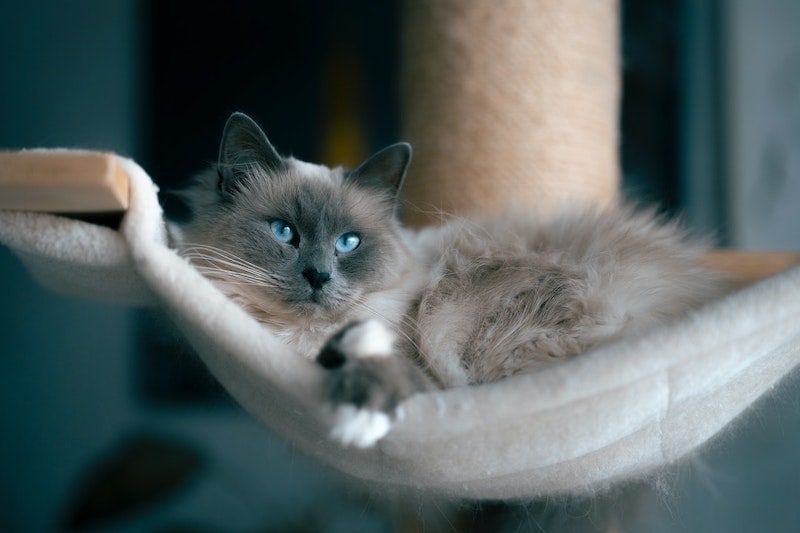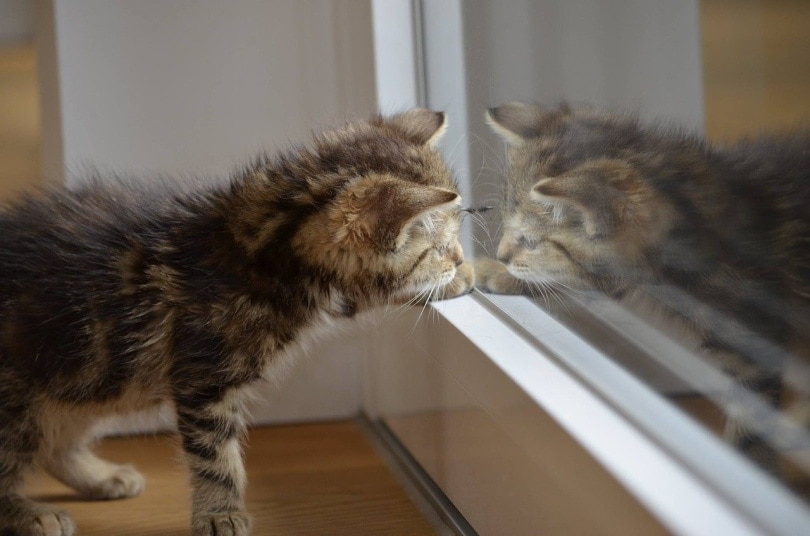Does Cat Litter Keep Mice Away? What You Need to Know!
Updated on

Mice can make for darling pets, but as unwanted pests, they are nuisance animals who spread disease and chew holes in our houses. While no one wants mice in their home (unless you bought them specifically as a pet!), getting rid of them can be tough as well. Many options, like rodent killers and traps, are inhumane and dangerous to other animals, including pets. “But wait,” you think, “aren’t mice afraid of cats? Would the smell of cat litter keep mice away?”
Yes, it turns out that the smell of used cat litter can indeed serve as an all-natural mice repellent. However, science has also learned of some fascinating twists in the predator-prey relationship between cats and mice that could make cat litter less scary to certain mice. Keep reading to learn all about mice and cat litter, as well as some other options to keep mice away if the cat litter doesn’t work.
Why Cat Litter May Keep Mice Away
We should start by clarifying this point a bit: it’s not the cat litter itself that’s scaring away the mice but the smell of the cat urine in the dirty litter. If you sprinkle fresh litter from the box around your house, the mice won’t be impressed!
However, mice are hard-wired to avoid predators, and they can recognize them by scent. A study found that mice may be scared off by the smell of cat urine and saliva even if they’ve never been exposed to a cat before. Scientists believe that the urine of several predator species, not just cats, contains a protein that signals danger to prey species, including mice and rats.

Cat Litter Doesn’t Always Work Against Mice
Used cat litter might be a simple, low-cost solution for mice deterrent, but there’s a chance it may not work, and here’s why: some mice lose their fear of cats or never develop it properly. If that claim sounds improbable, we’ve got science to go with it.
One study found that if baby mice are exposed to a compound called “felinine” in cat urine consistently during a specific phase of their development, they grow up less likely to avoid it.
Generally, this compound causes a severe stress response in mice, often leading pregnant females to lose their babies. The exposed baby mice still showed a stress response, but their behavior didn’t match up, and they showed less fear of cats.
A separate study examined why some mice and rats seem to lose their fear of cats in adulthood. This study found that if mice are infected with a parasite called Toxoplasma gondii, their brain chemistry may be permanently altered even after they clear the infection. In this altered state, the rodent’s brain loses its natural fear-response to the smell of cat urine, making it easier for cats to catch and eat.
Toxoplasma is found in many mammals and birds but only reproduces in the cat’s intestines. Scientists speculate that Toxoplasma developed this effect on rodent brains so its primary host could easily find infected prey to eat, ensuring the parasite’s survival.
Cats shed Toxoplasma in their poop, so the same cat litter you use to scare mice away could also make it less likely to happen in the future!

Other Ways to Keep Mice Away
If cat litter is not effective for your purposes or if you prefer to use something less smelly, here are some other tips to help keep mice away.
Prevent mice from entering your home by searching out and sealing any holes, cracks, or pipes they might be using to get in. Keep your house clean and free of food spills and trash. Ensure all human and animal food is stored in mice-proof containers for safety.
Instead of cat litter, you can try using cat hair placed in strategic locations to scare mice off. Another option is to use peppermint oil, a scent that mice dislike.
Humane trap-and-release is a final option that can be considered, although unless you take other steps to keep mice out, new ones will simply move in to replace the relocated rodents. Killing mice is ineffective for the same reason.
Conclusion
Despite some possible scientific curveballs, dirty cat litter can be a cost-effective, convenient way to keep mice away from your home. After all, you’d just be throwing it out instead! Effective control of mice generally requires a combination of methods, balancing the need to be as humane as possible with the safety of people and pets.
Featured Image Credit: Africa Studio, Shutterstock












